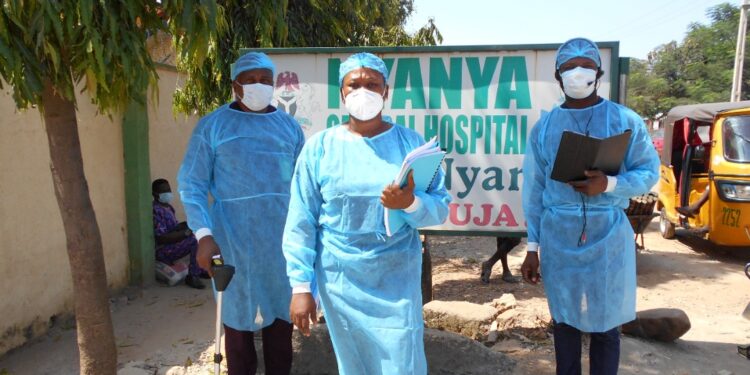Three new publications by Inclusive Futures have revealed how people with disabilities were not only disproportionately and ‘catastrophically’ excluded from COVID-19 pandemic planning, and relief efforts but that representative disability groups were vital in aiding those left behind by the systems that are supposed to support them.
The research shows that organisations of persons with disabilities (OPDs) in Africa and Asia worked for months, often without funding, to plug the gaps and provide life-saving support to people left behind by non-inclusive systems.
The publications also paint a shocking picture of the devastating impact COVID-19 had on the lives of some of the most marginalised people with disabilities, particularly women and underrepresented groups. To try and prevent this from happening again, the reports provide learnings for making future disaster responses disability-inclusive.
According to Lorraine Wapling, Inclusive Futures technical lead, who worked on the research, “We knew this situation was bad for people with disabilities – but when we looked into the detail, it was even worse than we imagined. I was completely in shock. Despite all the hard work by organisations of persons with disabilities, the right to be included in times of crisis still seems far from being achieved”.
She added, “The disability organisations are the shining light here – we need to turn the spotlight on them, learn from them and ensure their expertise and drive is supported, funded and built on.”
The research shows that disability organisations reported a huge increase in need during lockdowns in each country. They found that many people with disabilities often could not access communications about COVID-19 or were excluded from government food and financial assistance or social protection.
OPDs in the countries also reported being side-lined when it comes to decision-making and funding. With a lack of funds and personnel due to the pandemic, many groups found themselves unable to respond to increased calls for support from people with disabilities.
An OPD representative in Nigeria said, “It is tough to get funding around any activity of women with disabilities. We don’t even get funding for people with disabilities, and for women with disabilities, it’s like it’s not there at all”.
Globally, about one in five people are disabled, but data on the impact of COVID-19 on people with disabilities is limited, and many people’s experiences are not fully recorded or understood. The new research has filled vital gaps in evidence from Bangladesh, Kenya, Nepal, Nigeria, Tanzania and Zimbabwe.
In the published recommendations, the authors urged governments, development, and humanitarian actors to consult with organisations of people with disabilities and those with disabilities themselves.
To view all of the research and learnings or find out more about Inclusive Futures, please visit www.inclusivefutures.org/learning-from-covid-19.

